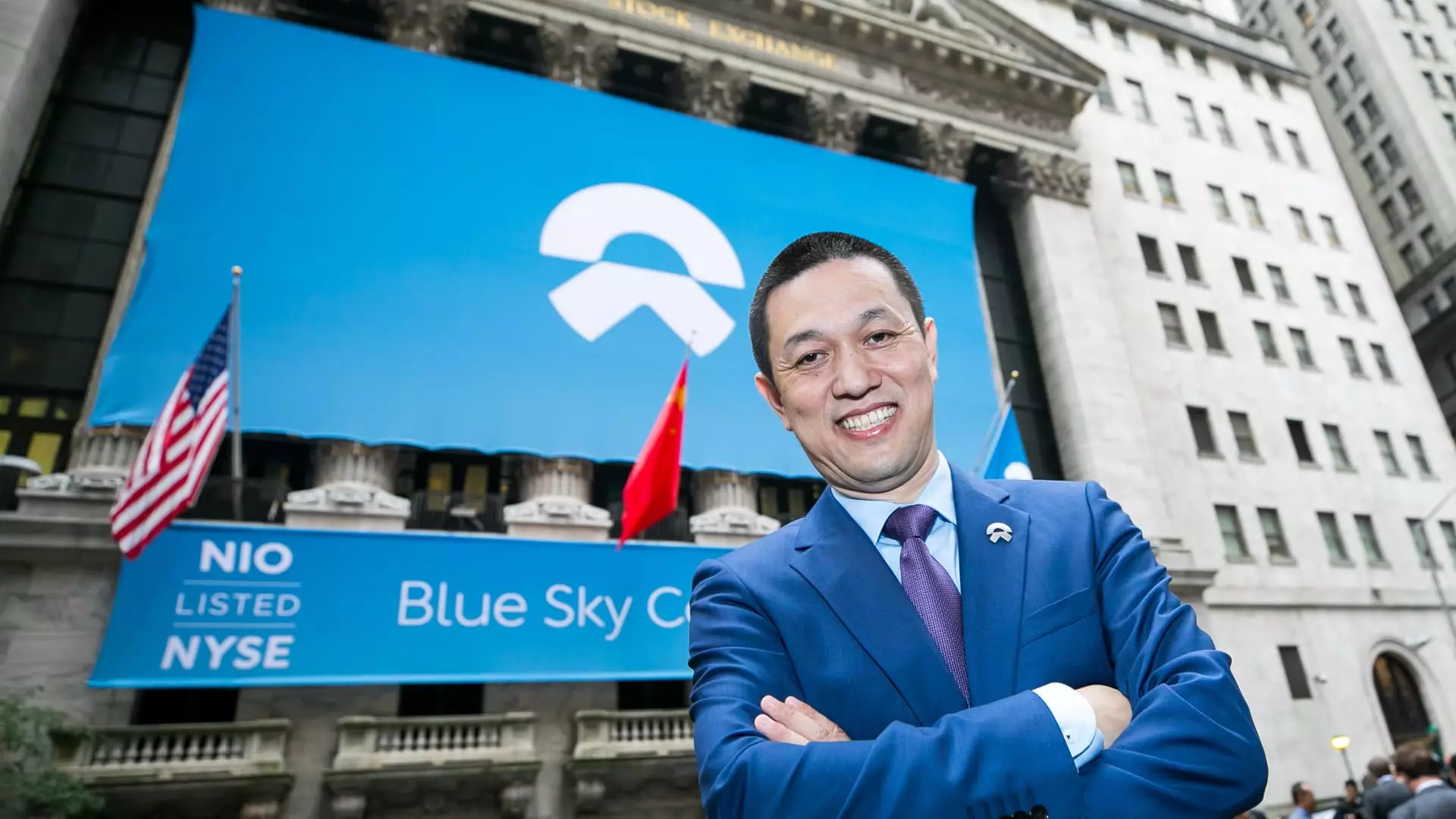Chinese electric car startup Nio, known for its premium offerings, is now venturing into the lower-priced segment of the market. In an attempt to compete with Tesla’s Model Y, Nio plans to release a mass-market SUV that is more affordable. This move marks a significant shift from Nio’s initial focus on luxury vehicles costing around $50,000 or more. By targeting a wider consumer base with a lower-priced option, Nio aims to expand its market share and compete with local rivals such as BYD and Volkswagen.
Similarly, another Chinese electric car start-up, Xpeng, is also diversifying its product range by launching a newly branded sub-brand called Mona. With plans to introduce cars priced below 150,000 yuan, Xpeng is positioning itself as a more budget-friendly alternative to Nio. By focusing on scalability, technology, and cost control, Xpeng believes it can bring advanced technology to the mass market segment, previously only accessible to premium buyers. The company’s driver-assist software has been a key selling point, distinguishing itself from competitors like Tesla.
The entry of Nio and Xpeng into the lower-priced electric car market reflects a broader trend in China’s automotive industry. With new energy vehicles, including battery-only and hybrid-powered cars, comprising over 40% of new passenger car sales, companies are vying for a larger share of the market. While Tesla’s Model Y remains a popular choice in the below 250,000 yuan price range, Nio and Xpeng are challenging the status quo by offering more affordable options with advanced technology features.
On the other end of the spectrum, Chinese electric car giant BYD has established a strong presence in the lower end of the mass market. With a diverse product lineup ranging from below 100,000 yuan to over 1 million yuan, BYD caters to a wide range of consumers. Despite its success in the lower-priced segment, BYD is also expanding its offerings to include premium and luxury cars under new brands, demonstrating the company’s versatility in meeting consumer demands across different price points.
As the competition heats up in China’s electric car market, the introduction of lower-priced offerings by Nio, Xpeng, and BYD signals a shift towards greater affordability and accessibility in the industry. With innovations in technology, increasing economies of scale, and evolving consumer preferences, the lower-priced segment is poised for rapid growth. As companies continue to innovate and differentiate their offerings, consumers can look forward to a wider selection of electric vehicles at varying price points, driving the adoption of environmentally friendly transportation options in China and beyond.

